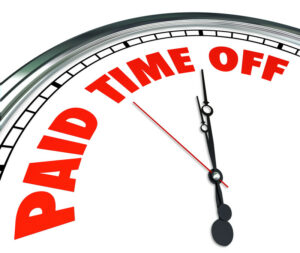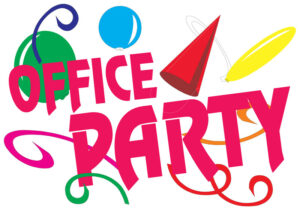The Illinois Legislature has passed a bill to raise the minimum wage in Illinois from its current level of $7.25 per hour to $15.00 per hour. The Bill is currently sitting on Governor Pritzker’s desk and he has indicated he is inclined to sign it into law.
The new law, entitled “Lifting Up Illinois Working Families Act” will gradually increase the minimum wage in Illinois to $15.00 per hour over a period of six (6) years.
Under the new law, the hourly minimum wage will rise as follows:
- $9.25 on January 1, 2020;
- $10.00 on July 1, 2020;
- $11.00 on January 1, 2021;
- $12.00 on January 1, 2022;
- $13.00 on January 1, 2023;
- $14.00 on January 1, 2024; and
- $15.00 on January 1, 2025
The new law will provide that employers may pay a slightly lower rate of pay to employees under the are of 18, provided they work less than 650 hours a year. There is also a tax credit to those employers with less than 50 full-time equivalent employees.
While most of the headlines about the new law focus on the minimum wage increase, the law also dramatically increases employers’ potential liability for minimum wage and overtime violations. Previously, employees who sued to recover wages and overtime pay under the Minimum Wage Law were entitled to recover the amount of any underpayment plus a statutory penalty of 2% of the amount of the underpayment per month that amount goes unpaid. The new law more than doubles the statutory penalty to 5% per month. Even more significantly, the law creates a new provision allowing employees to recover not just the amount of wages owed, but treble that amount. This is a dramatic increase in penalties and remedies which are currently in place for employees who are denied minimum wage in Illinois. In addition, an employer that violates the minimum wage provisions will have to pay a statutory penalty of $1,500 to the Illinois Department of Wage Theft Enforcement Fund, as well as a penalty of $100 per affected employee if it fails to maintain proper payroll records.
If Governor Pritzker does sign the Bill into law as expected, the impact will be immediate and possibly severe on businesses and consumers as well. Opponents of the measure note that such a move is likely to lead to a decrease in the workforce as companies shift to a more automated way to deliver goods and services. Fast food companies are beginning to roll out self serve kiosks to replace human order takers. Grocery stores are also experimenting with cashierless check out. In all likelihood, employers will be forced to pass on the increased wage cost to consumers in the form of higher priced goods and services.
Proponents of the new Bill note that it is virtually impossible to sustain a standard of living while being paid $7.25 per hour. They also note that the increase in minimum wage will have a positive tax revenue impact by raising the taxable wages of workers subject to Illinois Sate (and possibly Federal) income tax.
The new minimum wage is an important step in achieving a living wage. However, employers need to be aware of the penalties for non-compliance with the law, which are dramatically different and much more costly for each violation.
In light of the new law, Illinois employers should consider the following steps:
- Review all wage rates and begin planning for how to address the increased minimum wage taking effect on January 1, 2020.
- Plan for how the increased minimum wage may affect bargaining with unions and existing wage schedules under union contracts.
- With the assistance of legal counsel, conduct a comprehensive wage and hour compliance review.
- If your organization does not currently keep a daily record of hours worked by exempt employees in Illinois, start doing so.
- If you have fifty or fewer employees, be sure to talk with your tax advisers about the new tax credit.
- Don’t hesitate to seek professional advice about wage and hour questions. The cost of a fifteen minute phone call with an experienced wage and hour lawyer is a drop in the bucket compared to the severe new penalties for even innocent mistakes under the new law.
As always, where there are important legislative developments impacting the labor and employment world, we will keep you up to date. This is an area of concern for all in the labor and employment area.
With over 34 years’ experience in advising employers and employees on workplace issues, let Boznos Law work with you to ensure you are ready to meet the challenges posed by the changes to the employment laws. Call Bill Boznos today at (630) 375-1958 or contact us at www.boznoslawoffice.com/contact-us through our website.


